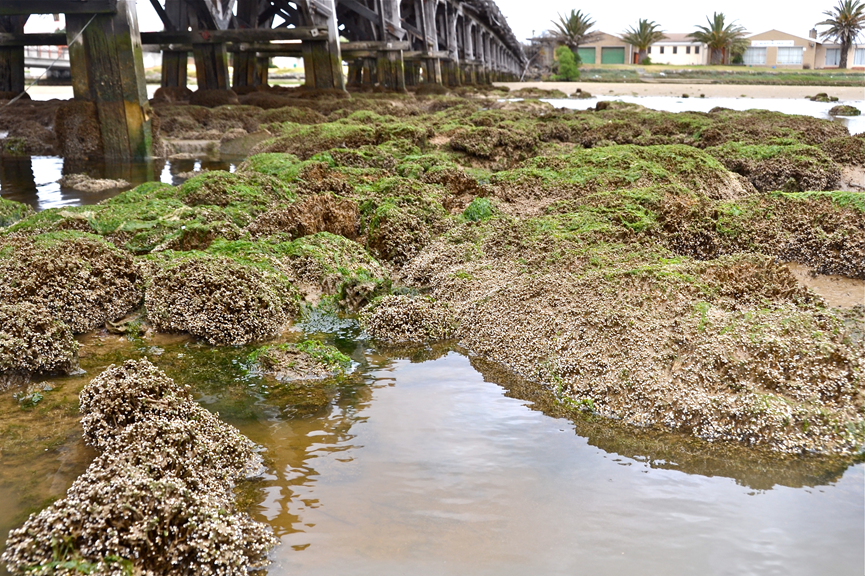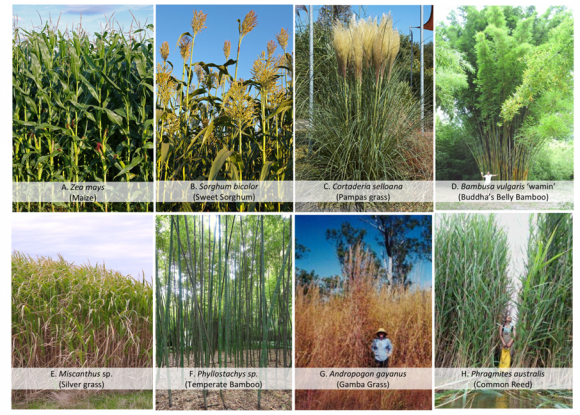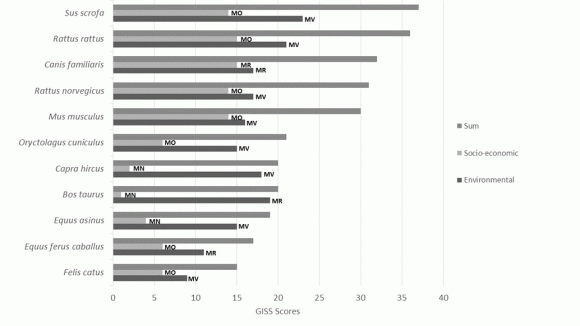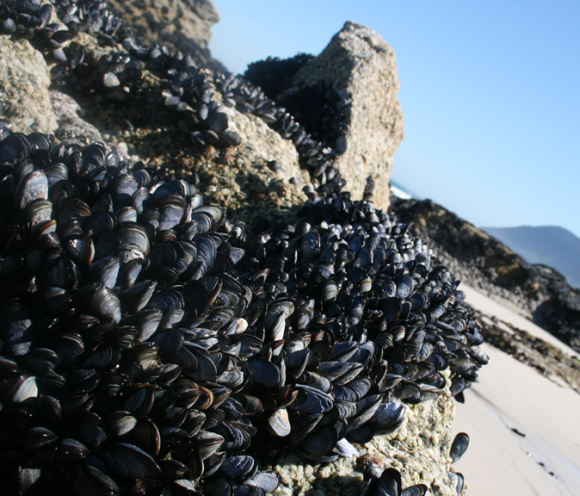Estuaries are among the most vulnerable of marine ecosystems and small, urban estuaries, in particular, are under pressure due to human activities. This can cause changes in the invertebrate and fish communities, according to a recent study by a group of researchers including C·I·B researcher Charles Griffiths.
For the study, the group of researchers surveyed the Milnerton (or Diep River) estuary in Cape Town. This estuary is an example of an estuary that has long been subject to human activities for example, pollution, the introduction of alien species and physical modification (e.g. bridges, seawalls etc.) and data from previous surveys were available. “We were fortunate that two previous studies had surveyed the estuary in the early 1950s and again in 1974, both using similar methods. We repeated those historic surveys in 2014, again using the same methods” explains Prof Charles Griffiths, co-author of the paper published in African Journal of Marine Science.
The study showed changes in the physical conditions of the estuary and in the invertebrate and fish communities since earlier surveys. The introduction of sewage effluent into the upper reaches of the estuary has resulted in declines in summer salinity readings. The 1950s survey recorded 47 invertebrate species, but this declined to 23 in 1974 and remained at that level in 2014, although many of the 2014 species were previously unrecorded. In the 1950s, 12 fish species were recorded and this declined to nine in 1974 and just five in 2010, two if which were newly-recorded alien species – thus only three of the original 12 fish species were still present. In contrast, birds were more diverse and more numerous.
“Alien species also have major impacts on this small estuary, particularly polychaete, Ficomomatus enigmaticus. Two other newly introduced invertebrates, plus one newly introduced and one newly translocated fish were also recorded in the 2014 study” says Griffiths.
Read the paper
For more information, contact Charles Griffiths at Charles.Griffiths@uct.ac.za




